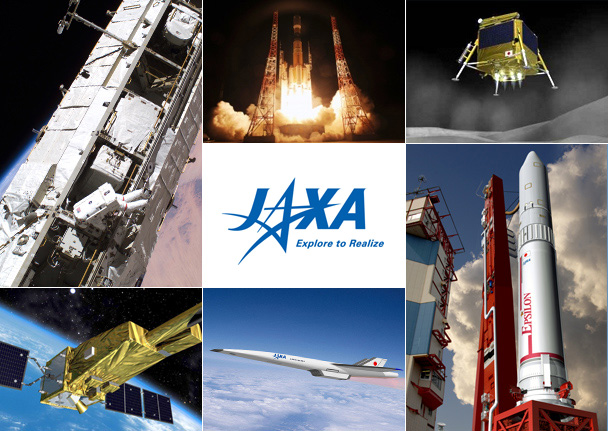In a bold move to propel Japan’s space industry to new heights, the government has unveiled plans to establish a groundbreaking ¥1 trillion ($6.6 billion) fund dedicated to the development of the country’s outer space capabilities. The investment, spread over a 10-year period, is set to accelerate the efforts of the Japan Aerospace Exploration Agency (JAXA) and solidify Japan’s position in the global space race.
The announcement comes as part of the recently approved supplementary budget, with ¥300 billion earmarked for the space fund. Sanae Takaichi, the minister in charge of space development, emphasized the fund’s necessity to ensure Japan remains at the forefront of international space competition.
“We believe it is a necessary fund to speed up our country’s space development so we don’t lag behind the increasingly intensifying international competition,” Takaichi declared in a news conference last week.
The global push for space supremacy has reached a fever pitch, with nations worldwide actively investing in space activities as an extension of geopolitical tensions. The United States aims to establish a lunar outpost by early 2025, while China is aggressively pursuing its own lunar ambitions, targeting the completion of a lunar site by 2036.
Japan’s initiative to bolster its space industry is a response to the escalating competition, as countries vie for dominance beyond Earth’s atmosphere. This move reflects a broader trend where the space sector is not only a realm of scientific exploration but also a major arena for geopolitical competition.
Earlier this year, Tokyo outlined its Space Basic Plan, focusing on budgetary support for innovation in the private sector to stimulate business growth. Concurrently, the Space Security Initiative acknowledged space as a crucial domain for geopolitical competition, encompassing diplomacy, defense, economics, intelligence, science, technology, and innovation.
While Japan has long been recognized as an automotive hub, the nation’s focus is expanding beyond Earth’s surface. Toyota showcased space-focused developments at the Japan Mobility Show, revealing a prototype lunar rover. In September, Mitsubishi Heavy Industries successfully deployed an X-ray telescope and lunar lander into outer space using the H-IIA rocket.
Innovation is also thriving in Japan’s space sector, with companies like Gitai experimenting with AI-optimized robotic tools. Kyoto University researcher Koji Murata, supported by NASA and JAXA, is developing a wooden satellite with sustainability in mind, aiming to launch it into space early next year.
Despite the ambitious vision for Japan’s cosmic future, the country faced setbacks this year, with rocket failures and botched launches casting shadows on its space ambitions. However, with the infusion of the ¥1 trillion fund, Japan is poised to overcome these challenges and emerge as a formidable player in the evolving landscape of space exploration. The nation’s journey into the cosmos is not just a technological endeavor but a testament to the resilience and determination of a country reaching for the stars.
(Source: Elizabeth Beattie | Anika Osaki Exum | Japan Times)









